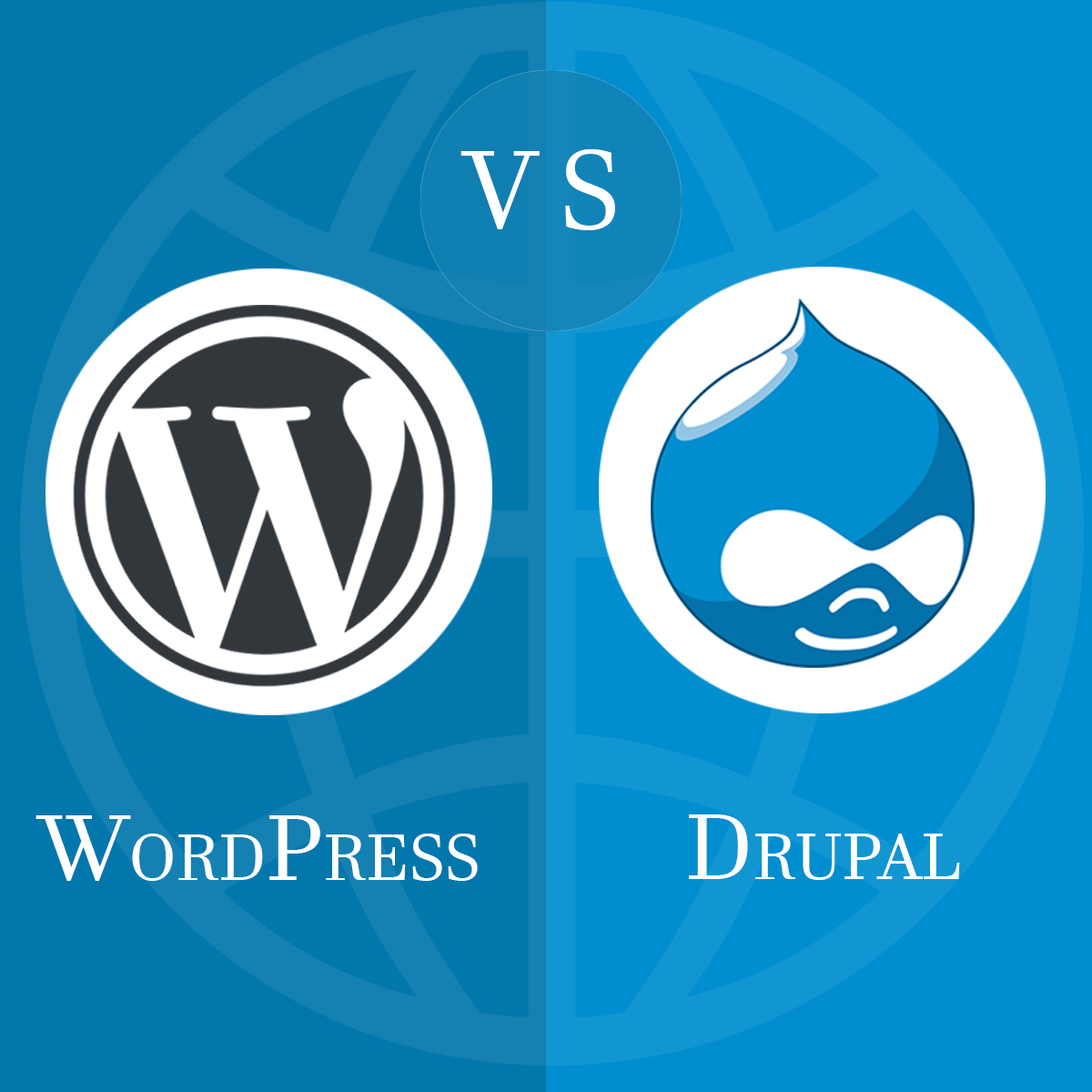Content Management Systems (CMS) have become an integral part of creating and managing websites. Among the most popular CMSs are WordPress and Drupal, which have gained widespread acceptance and are used by millions of websites. In this article, we will explore the benefits and limitations of these popular CMSs.
Benefits of WordPress
- Easy to use: WordPress is user-friendly, and you can create a website even if you have little technical knowledge.
- Large community: WordPress has a vast community that offers a wide range of plugins, themes, and support.
- SEO optimization: WordPress offers built-in SEO optimization features, making it easier for websites to rank higher in search engines.
- Flexibility: WordPress has a wide range of plugins and themes that offer flexibility in design and functionality.
- Mobile-friendly: WordPress offers responsive themes that make websites mobile-friendly.
Limitations of WordPress
- Security: WordPress is a popular CMS, which makes it a target for hackers. As a result, security breaches are common.
- Customization: WordPress offers a lot of flexibility in terms of design, but customization can be a challenge if you don’t have technical knowledge.
- Speed: WordPress websites can be slow if not optimized correctly.
Benefits of Drupal
- Scalability: Drupal is scalable, making it ideal for large and complex websites.
- Security: Drupal has a robust security system that makes it less prone to hacking attacks.
- Customization: Drupal offers extensive customization options that allow for a unique website design.
- Multilingual support: Drupal offers multilingual support, making it a great choice for websites that need to be available in multiple languages.
- Developer community: Drupal has a large community of developers that offer support and contribute to the development of the CMS.
Limitations of Drupal
- Technical knowledge: Drupal can be complex and challenging to use for beginners without technical knowledge.
- Limited themes and plugins: Drupal has fewer themes and plugins compared to WordPress, making it less flexible in design and functionality.
- Cost: Drupal can be more expensive to develop and maintain compared to WordPress.
In conclusion, both WordPress and Drupal have their benefits and limitations, and the choice of CMS depends on the specific needs of the website. WordPress is ideal for beginners and smaller websites, while Drupal is suitable for large and complex websites. When it comes to security, Drupal is the preferred choice, while WordPress offers more flexibility in design and functionality. However, both CMSs offer a great platform to create and manage websites efficiently.

